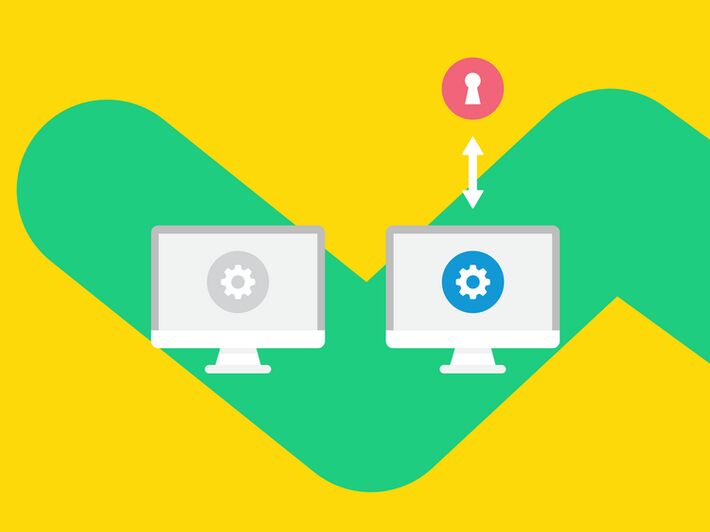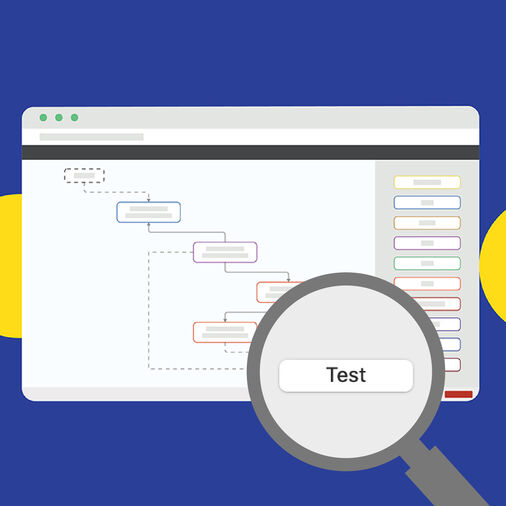Thinking about this blog made me feel a little bit like an old dinosaur, I must admit. A smart and handsome dinosaur obviously, but still… So take a little trip down memory lane with me, to see why callas isn't a dinosaur, and if you haven't looked at License Server in the Cloud yet, why you really should.
The vanishing computer
Once upon a time… there was a dongle. Protecting expensive software using hardware dongles that had to be physically connected to a machine was all too common. Not a very elegant nor flexible solution, but very secure. Over time, software also learned to do hardware activation. So, rather than looking for a dongle, the software looked for the actual machine and bound its license to the hardware fingerprint of the machine. This is still common today, and all of the callas products have hardware activation as a licensing option.
The problem with both methods is that they don't work very well without a physical machine; and virtualization of machines is exactly the trend we've seen over the past twenty years. And yes, of course there is always still a physical machine somewhere (it's not magic), we just don't always know where, or even what it is.
It started with hosting software on cloud servers (let's take Amazon EC2 as an example). But we've gone far beyond that. If you're using something like Docker, you still have an " operating system", but it's difficult to call that a virtual machine in the same way an EC2 server is. And if you move further to things like Amazon Lambda, it's even harder to spot the machine. At that point, there's essentially just some code that you've written that's running somewhere.
This transition also coincides with and has caused another change. And that is that we are now much more accustomed to "paying for what we use". Whereas we used to pay for software that we then owned and could (more or less) do with what we wanted, more and more we now only pay for the resources or computing power we need.
The evolution of licensing
From a licensing point of view, both changes need to be addressed. How do you provide software to people without being able to bind it to a machine; and how do you make it possible for those people who want it, to only pay for what they really need and use.
License Server is the answer that callas provides to these challenges. There is no need to activate pdfToolbox or any other callas product on a specific machine. Instead, licensing happens by talking to License Server. And ideally by talking to License Server in the Cloud.
Why does this solve the issues?
License Server in the Cloud lives… in the cloud! You don't need to install anything; it is a pure SaaS solution. While you still need to install pdfToolbox, it doesn't matter anymore where you install it, or in how many places you install it. The software simply asks License Server whether it is allowed to run.
And even better, License Server can either provide you with the number of processes you can run in parallel, or it can keep track of how much processing time you are using. Or both. So here you have a flexible solution that allows you to run X amount of simultaneous pdfToolbox tasks at any given moment, but also allows you to pay for extra processing time if you have production peaks.
Easy peasy
The great thing about using License Server in the Cloud is that it doesn't even take a lot of time to integrate with it. The callas applications know how to use License Server in the Cloud right out of the box. It's an extra command-line parameter if you're using pdfToolbox CLI, an extra option if you're using pdfToolbox in Enfocus Switch.
If this is something that interests you (and it probably should), you can try it out! Contact us and we'll help you understand what the options are. And of course we can provide you with a time-limited license so you can evaluate how this would work in your environment.




